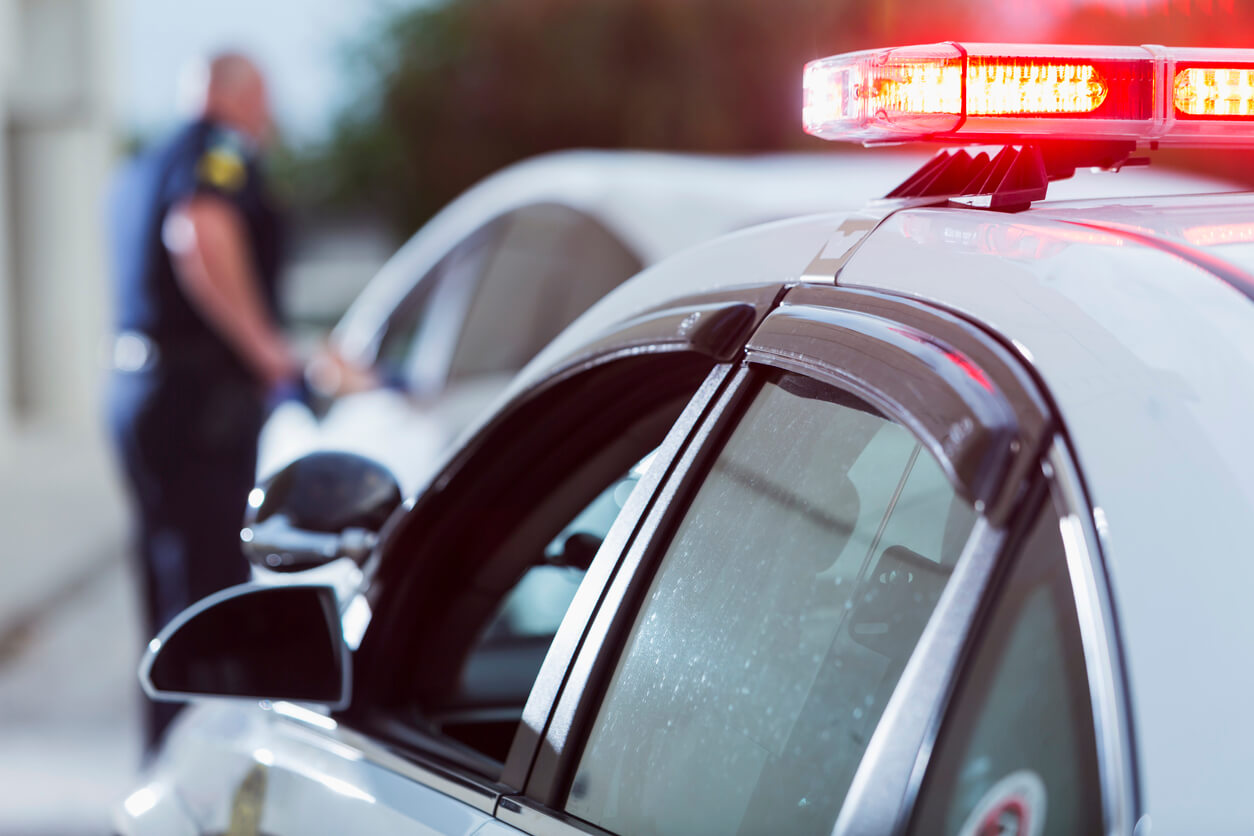As police misconduct has come to the forefront of mainstream news, more and more people are aware of instances of violence toward civilians. This is in large part due to cell phone videos, which have been used as evidence in several police encounters. But while these videos have proven beneficial to many people, the question of their legality remains: can you legally record law enforcement with your cell phone during an interaction? Here’s what to know about your rights in North Carolina.
Expectations of Privacy
Under North Carolina state law, you are permitted to film anything in a public space in which there is no expectation of privacy. In other words, you can film anywhere in public in which people don’t expect to be free from others seeing them. This means that you have the legal right to film in parks, municipal buildings, sidewalks, commercial or retail properties, etc. However, while places like restrooms and changing rooms are public, there is an expectation of privacy since people may be in the process of undressing.
North Carolina’s One-Party Consent Law
Although North Carolina does have wiretapping and eavesdropping laws that make it illegal to record someone else without them knowing under certain situations, the recording of police interactions does not fall under one of these such instances. In fact, when it comes to recording someone or something with audio, North Carolina follows a “one-party consent” law. This means that you must either be one of the parties interacting with the police or you must have the consent of another person interacting with the police. You are prohibited from secretly recording an interaction that you are not a part of.
Put simply, if you are stopped by a police officer and you record your interaction, this is legal – whether or not the cop has knowledge of it. It is then your right to also share this recording. However, if a police officer is stopping another person, you must make it obvious that you are recording the interaction, or you must ask the other individual if you may record it.
First Amendment Right
It’s key that you understand that it is your first amendment right to record your interaction with the police or another person’s interaction (with their consent).In fact, the First Circuit Court of Appeals found that the act of recording police interactions in public spaces is protected under the First Amendment. Should a police officer try to take your phone, this violates your Fourth Amendment right to be free from unlawful searches and seizures.
Protecting Your Rights While Recording
In order to follow the law, if you are recording a police encounter you should:
- Request the officer’s name and/or badge number;
- Refrain from interfering with the investigation or interaction;
- Move back or step back when told to do so;
- Remain polite, calm, and respectful throughout;
- Do not physically resist an officer;
Always keep in mind that you do not have to stop recording. If a police officer wishes to take or search your phone, it requires that they present a warrant.
Although police officers risk their lives to serve and protect the public each and every day, violence and misconduct do still occur at times – and is never okay.
The Attorneys at Hancock Law Firm, PLLC Help Those in North Carolina Who Have Been Charged with a Crime
If you or a loved one has been charged with a crime, it should be taken very seriously, as a conviction can have long-term effects on your life. That’s why it is in your best interest to consult with a knowledgeable and experienced criminal defense attorney as soon as possible.
At Hancock Law Firm, PLLC, we fully understand what is at stake and will do everything that we can to help you fight these charges and obtain the best possible outcome for you. To learn more or to schedule a free consultation, contact us today!


